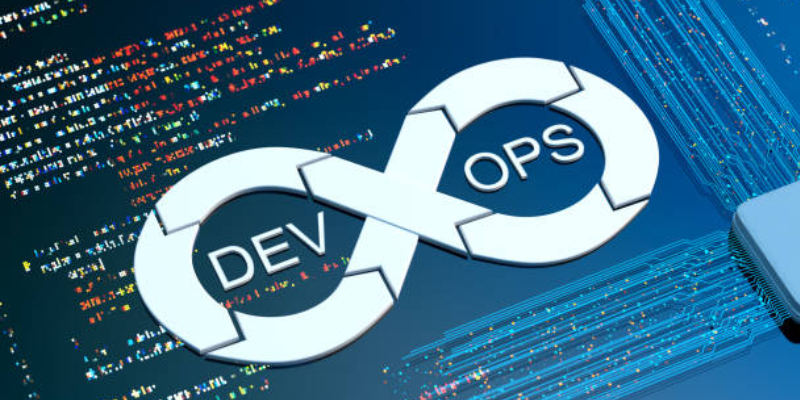
DevOps integrates development (Dev) and operations (Ops) to unite people, processes, and technology for application design, development, delivery, and operations. DevOps allows coordination and collaboration between formerly compartmentalized tasks such as IT operations, quality engineering, and security. Enrolling in DevOps Training in Pondicherry at FITA Academy, helping to learn about Devops and become a Devops developer. In the blog below, we will explore about benefits of DevOps.
How DevOps Works?
In a DevOps approach, development and operations teams are no longer “stored” These two teams are sometimes combined into a single team, in which the engineers work across the whole application lifecycle, from development and testing to deployment and operations, building a wide range of abilities that are not limited to one role.
In some DevOps models, quality assurance and security teams may be more closely connected with development and operations throughout the application lifecycle. DevSecOps is a term used to describe a DevOps team where security is the primary priority.
These teams employ practices to automate tasks that were previously manual and slow. They employ a technological stack and tools that allow them to operate and evolve apps quickly and reliably. These solutions also enable engineers to complete tasks (such as deploying code or supplying infrastructure) that would otherwise require assistance from other teams, increasing a team’s velocity. You can also explore opportunities in the DevOps field by joining DevOps Training in Coimbatore, providing hands-on experience.
Benefits of DevOps
Speed
Move quickly so you can develop for clients faster, react to changing markets better, and become more efficient in delivering business results. The DevOps model helps your development and operations teams to achieve these goals. For example, microservices continuous delivery enables teams to assume ownership of services and provide updates more quickly.
Security
Move rapidly while still maintaining control and compliance. By utilizing automated compliance standards, fine-grained controls, and configuration management approaches, you may implement a DevOps model without compromising on security. For example, by leveraging infrastructure as code and policy as code, you may design and track compliance at scale. There are four basic security principles such as, access, authentication, and accounting. Through Devops Course in Cochin, you can develop your security skills and become a Security engineer.
Scale
Manage your infrastructure and development processes on a large scale. Automation and consistency make it easier to manage complicated or changing systems while reducing risk. For example, infrastructure as code enables you to manage your development, testing, and production environments in a more repeatable and effective manner.
Improved Collaboration
Create more successful teams using the DevOps cultural model, which stresses principles like ownership and accountability. Developers and operations teams work closely together, sharing numerous roles and integrating their workflows. This lowers inefficiencies and saves time (e.g., shorter handover times between developers and operations, designing code that considers the environment in which it is run).
Rapid Delivery
Increase the frequency and speed of releases so that you may innovate and improve your product more quickly. The quicker you deploy new features and fix bugs, the faster you can meet your consumer’s needs and gain a competitive advantage. Continuous integration and delivery are strategies that automate the entire software release process, from build to deployment
In the above blog, we discussed the benefits of DevOps and how they work, and from that, we learned some basic skills and development. To learn more about DevOps skills, join the DevOps Training in Trivandrum to be proficient in DevOps.
Also Read: DevOps Interview Questions and Answers
